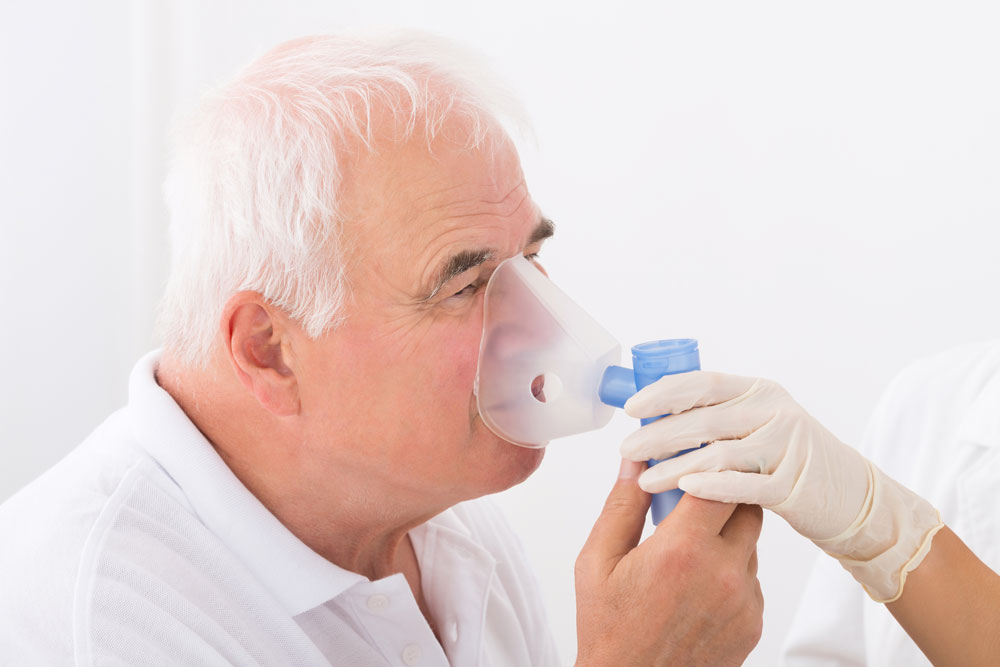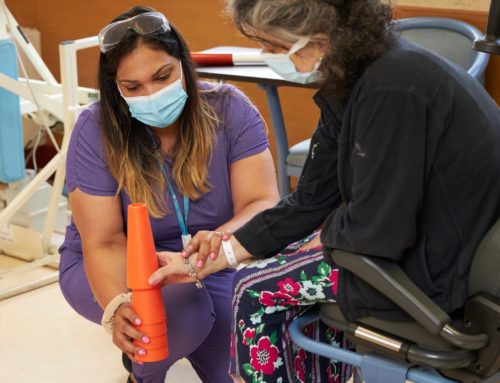COPD Flare Ups – What You Need to Know
COPD flare ups can be serious, especially if left untreated. They can lead to a worsening of symptoms, increased difficulty breathing, and potentially life-threatening complications such as respiratory failure or pneumonia. It’s crucial to take flare-ups seriously and seek medical attention promptly to manage symptoms and prevent complications.
If you think you experience signs of this condition, seek medical attention as with this condition you may find it difficult to breath in sufficient oxygen. COPD – Chronic Obstructive Pulmonary Disease is a long-term lung condition that makes it hard to breathe. The good news is that with the right treatment, it can be manageable to prevent exacerbation and complications.

Signs of COPD Flare Ups
COPD is a group of diseases rather than a single condition. It is a few lung diseases that cause airflow obstruction and breathing-related problems. The main conditions included within the COPD umbrella are chronic bronchitis and emphysema.
The signs flare ups may include:
- Increased shortness of breath
- Persistent and worsening cough
- Extreme fatigue
- Tightened chest and pain
- Wheezing
- Frequent respiratory infection
- Loss of appetite
- Allergies
- Feeling lethargic or confused
- Sleeping issues
Symptoms of COPD flare ups may vary from patient to patient.
Why do symptoms come and go?
Symptoms of COPD flare ups can fluctuate and come and go for several reasons. Many issues can cause worsening, such as lifestyle choices. These may include physical activity levels, diet, smocking, stress, the cold that can impact COPD symptoms.
Staying physically active, eating clean diet can help manage symptoms and improve overall lung health. However, please note that not always these can help, and you do need to consult your doctor about the right treatment for you as this condition can easily turn serious and out of control.
What can cause flare ups?
- Windy or stormy weather
- High humidity
- Respiratory and sinus Infection
- Air pollution
- Doing too much activity
- Disease progression
- Stress
- Allergies
- Dust and mold
- Smoking
COPD and high humidity
Fluctuations in humidity and temperature also have the potential to initiate COPD flare ups, which can last days or weeks. They cause worsening of coughs and wheezing, making them more frequent and long lasting. Due to the existing impact of COPD on airways, decreased oxygen levels resulting from humidity may exacerbate symptoms.
High humidity make is harder for people with COPD symptoms to breathe. It can increase the sensation of breathlessness and worsen the mucus production. Additionally, high humidity can contribute to the growth of mold and dust mites, which can trigger allergies and respiratory issues in people with COPD.
Consider having dehumidifiers. They are highly beneficial in moist areas of the household for people with COPD flare ups. The collected water accumulates in a reservoir, requiring regular emptying and cleaning with bleach to deter mold growth. Opting for a larger capacity unit offers greater versatility, with the option to adjust settings as needed.
Monitoring the humidity levels in your home is essential to maintain an optimal environment and prevent excessive reliance on the dehumidifier. Regular maintenance is crucial to prevent bacterial growth in the reservoir, which could potentially lead to illness.
Conversely, decreased humidity levels lead to dry air, which can irritate the throat and sinuses, potentially facilitating the spread of viruses.
COPD and Particulate Matter https://www.lung.org/
COPD Flare-Ups https://medlineplus.gov/
Managing COPD Flare-Ups https://www.asthmaandlung.org.uk/
This article contains informational and educational materials and does not replace health or medical advice. For questions or concerns regarding your medical condition or health objectives, speak to a qualified physician or healthcare provider.






Leave A Comment